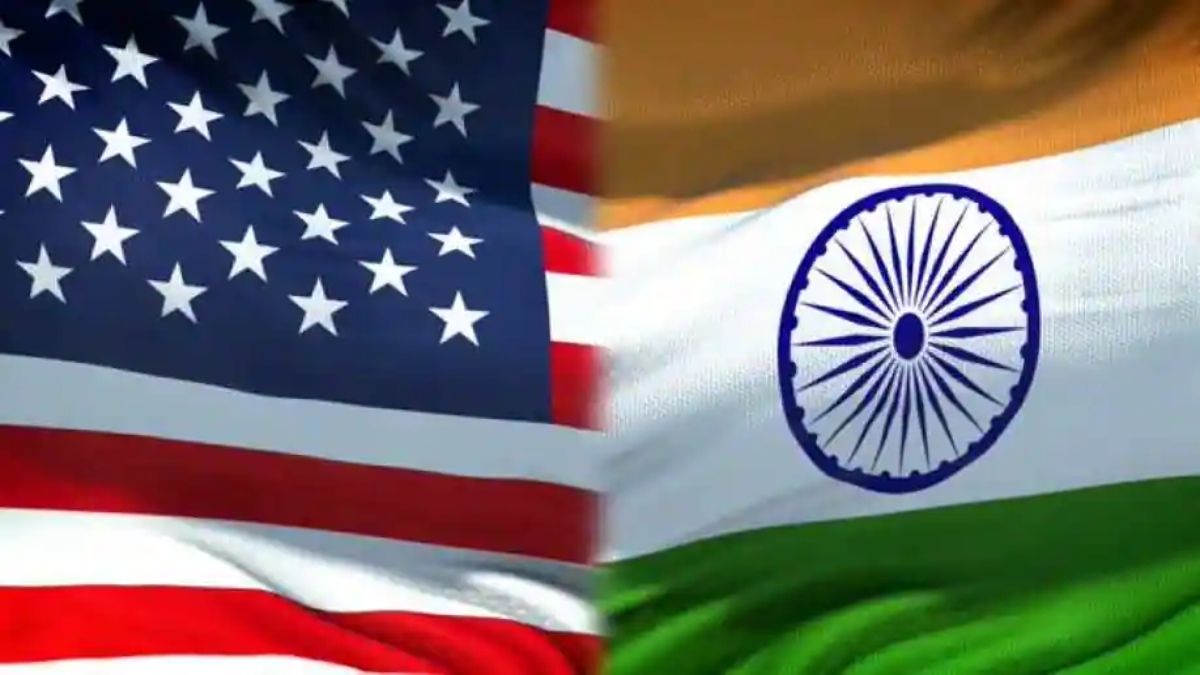


On 24 September 2021, US President Joe Biden hosted the first ever in-person meeting of the leaders of the Quad countries at the White House in Washington D.C. The meeting was attended by the leaders of India, Australia, Japan and the US. The joint statement issued by the end of the meeting had a celebratory tone about it as it declared “the occasion of the Quad summit” to be “an opportunity to refocus ourselves and the world on the Indo-Pacific”. The world’s focus was firmly on China at the time. Inside 5-6 months of that meeting, Russian President Vladimir Putin invaded Ukraine and the focus shifted from the Indo-Pacific to the Atlantic, specifically to Europe and the Nato countries. Following which was launched the script of “punishment for daring to be neutral and failing to fall in line with the Nato diktat”. A year later, India-US relations seem to have hit a rough patch. Getting US visitor visas by Indians has become next to impossible, with an 800-plus-day wait for a visa appointment. The US has allowed a $450 maintenance upgrade of Pakistan’s F-16 fighter jet fleet, to curb terrorism—a claim that was laughed at by the Indian side. The US ambassador to Pakistan has suddenly adopted the Pakistani script and described Pakistan Occupied Kashmir as “Azad Kashmir”, instead of calling it “disputed”. American claims of staff shortage to process visa applications does not cut the ice, especially when it takes the Chinese two-three days, and Pakistanis less than 30 days for similar visa appointments. No wonder there is speculation if the US has initiated a reset of US-India relations by bringing Pakistan into the equation; and if Washington warming up to Islamabad, rather Rawalpindi GHQ, has to do with Pakistan offering its services to help the US retain a foothold in the Af-Pak region, or is more about teaching India a lesson for its neutral stand on the Russia-Ukraine war and its purchase of the Russian S-400. Whatever be the case, it is not intelligent on the US’ part to appear to be letting the Russia-Ukraine war impact its relations with India. But then the Pakistan card apparently being played by Mr Antony Blinken and Co. is terribly weak, given that Pakistan is not only responsible for the creation of the Taliban but has also ensured the US’ humiliating retreat from Afghanistan. The US also seems to have forgotten Pakistan being the incubator of international terrorism, the reason why it is on the FATF grey list, apart from being the country that sheltered one of the biggest enemies of the US, Osama bin Laden. In fact, this whole demand being made of India to shed its neutrality in the Ukraine war and stand with the democracies against an “authoritarian” Russia sounds terribly hollow when the US sups with Pakistan, a military state with a sham democracy. But the mollycoddling of this so-called strategic partner of the US is not working, as Pakistan is essentially a client state of China, a status it once again made clear at the United Nations human rights council by voting against the Western sponsored resolution to discuss China’s human rights violations in Xinjiang. Apparently, the West is now putting pressure on Pakistan to vote against Russia at an upcoming UN General Assembly session. It will be interesting to see which way Pakistan goes, considering it is the “iron brother” of China, and Beijing has been firmly standing with Vladimir Putin’s military misadventure in Ukraine. Which brings us to the China factor—China, the country that is delighted that the focus has shifted to Russia, even as it creeps around remaking the world with Chinese communist characteristics.
India-US relations are more than the two being strategic and security partners. It is not just about having a militarily powerful India as a counter to China. As two of the world’s most important democracies, India-US relations are about trade, about people to people relationship, about the Indian diaspora, about influence, about humanitarian issues, culture, science, research. It’s a whole gamut. But at the same time, India-US relationship is a work in progress, with history being a baggage. In the past the US had not only hyphenated India with the military dictatorship of Pakistan, but had also propped up the latter against India. If India is dependent to a large extent on Russia for its defence materiel, it is because the West was not selling its weapons or transferring technology to Delhi for decades. Hence, there is no escaping the trust deficit. Also, the US track record of dealing with friends and partners does not work as a confidence booster to the world outside of the western hemisphere. Even in the western hemisphere, how is the EU reacting to Victoria Nuland’s expletive against the EU, as revealed in a recent audio leak; or what about France’s anger at the US striking the AUKUS pact with Australia? Moreover, it is almost as if the China threat no longer matters to Joe Biden, the reason why even Quad has to be a platform to bash Russia—or else… The US needs to realise that overlordship does not work, and if it tries to play politics or tries to teach India and Indians a lesson, there is bound to be a backlash. Sadly, voices are already being heard in India about opening ways of communication with China. In other words, the US should not lose India. It will be a sad day for the world, for freedom and democracy if that ever happens.
Joyeeta Basu